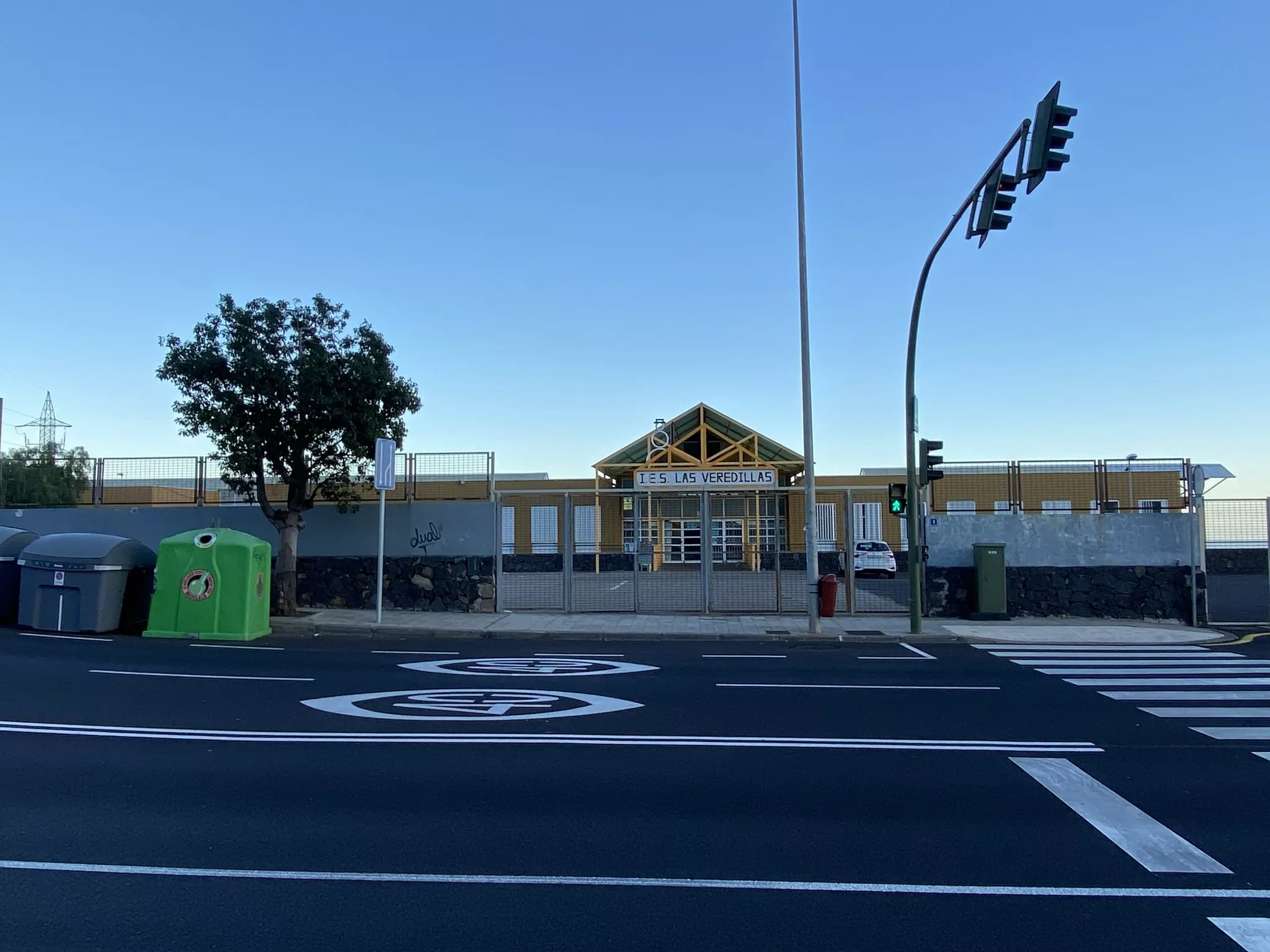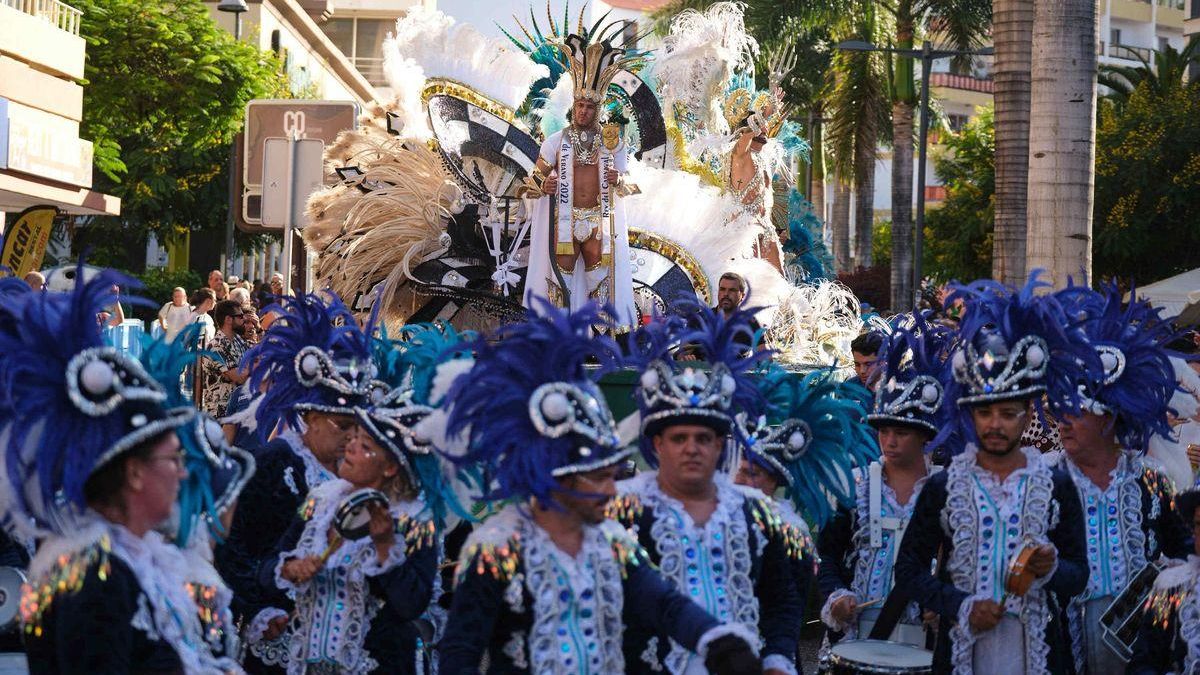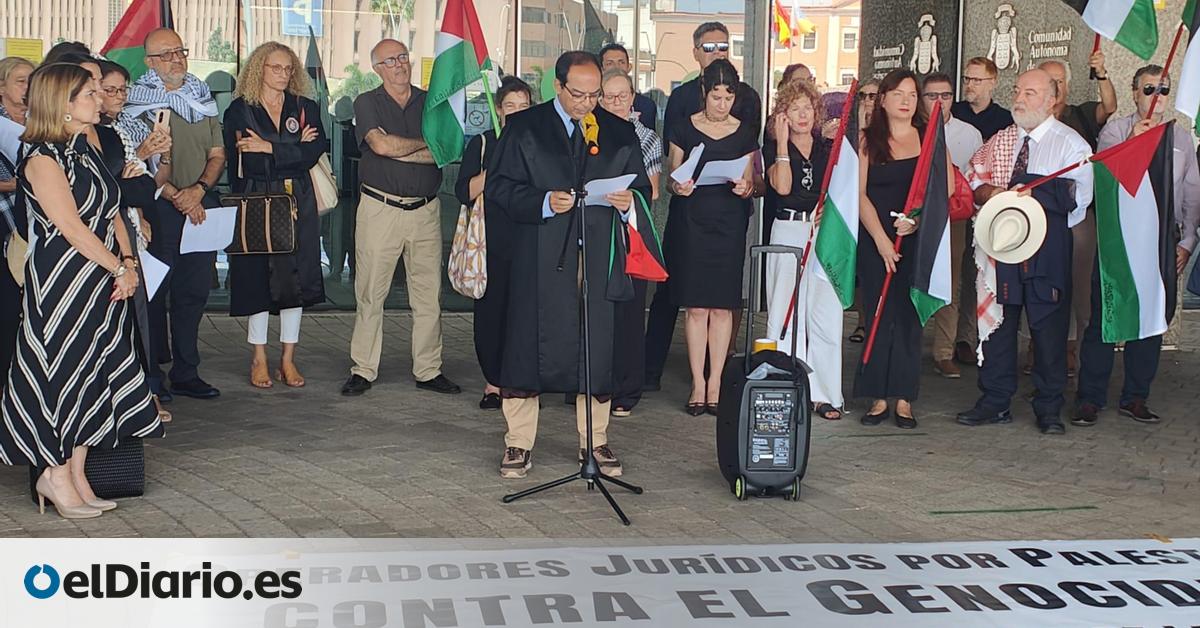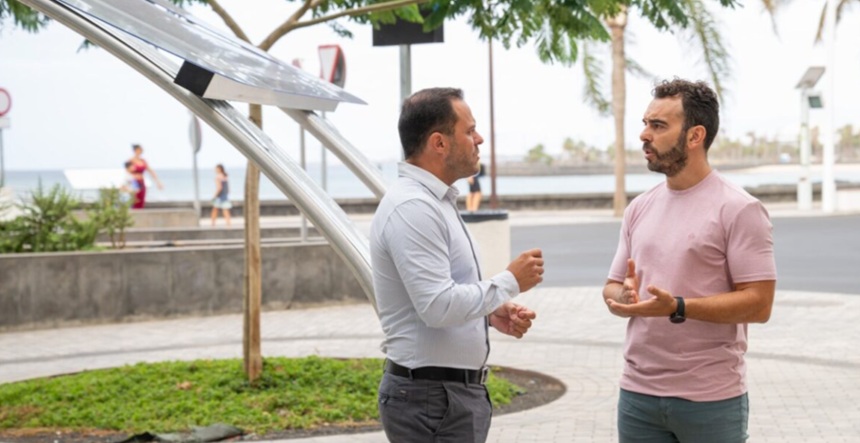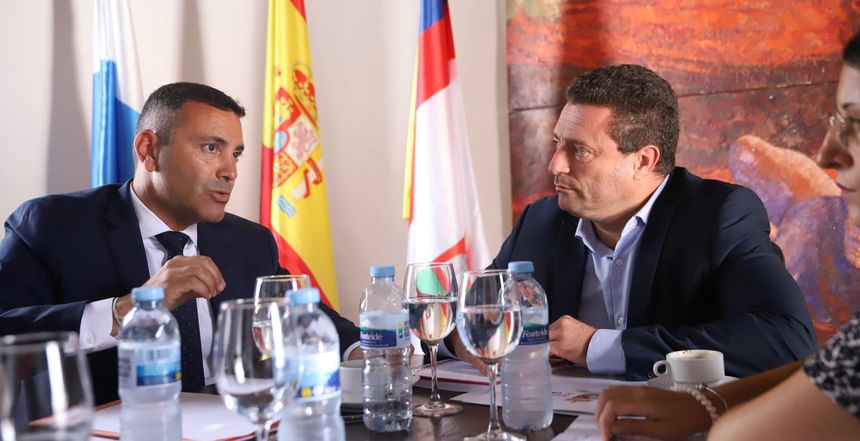
The President of the Cabildo of Lanzarote, Oswaldo Betancort, alongside the insular councillor for Fishing, Samuel Martín, and the General Director of Fishing of the Canary Government, Esteban Reyes, emphasise the significance of generational change and the modernisation of maritime fishing training in the islands.
The Polytechnical Institute of Maritime-Fishing Vocational Training in Lanzarote, more commonly known as the Arrecife Fishing School, inaugurated its academic year 2025/2026 on Tuesday, welcoming over 200 enrolled students.
The event was attended by the President of the Cabildo of Lanzarote, Oswaldo Betancort; the insular councillor for Fishing, Samuel Martín; the General Director of Fishing of the Canary Government, Esteban Reyes Hernández; the Councillor for Fishing of the Arrecife City Council, Cathaysa Suárez; and the director of the Polytechnical Institute, Carmen Déniz. They all concurred on the importance of this centre as a catalyst for knowledge, employment, and the modernisation of the primary sector in the archipelago.

In his speech, Oswaldo Betancort highlighted the historical and social value of this centre. “Today we commence a new academic year in a place that is a living history of Lanzarote. The Arrecife Fishing School has been a beacon of practical knowledge, marine culture, and social mobility for many families on the island and throughout the archipelago for decades. ‘Looking to the future,’ Betancort added, ‘we have taken a crucial step with the proposal to implement a Degree in Nautical Science and Maritime Transport at this school, a historic leap that diversifies the economy and opens new opportunities for the youth of Lanzarote and the Canary Islands.’
A Commitment to Generational Change and the Blue Economy
Both the insular councillor for Fishing, Samuel Martín, and the General Director of Fishing of the Canary Government, Esteban Reyes Hernández, emphasised the necessity of maintaining high-quality training to ensure the continuity of the sector. “Generational change will only be possible if we provide our young people with modern, practical training that is connected to the reality of the job market. This school combines tradition and innovation, ensuring that the Canary Islands continue to have highly qualified professionals in a strategic sector,” Reyes stressed.
With 77 years of history, the Fishing School has established itself as a national benchmark in maritime fishing training. It currently offers six vocational training cycles — three at Higher Level (Aquaculture, Machines, and Bridge) and three at Intermediate Level (Diving, Machines, and Bridge) — along with more than 25 professional courses accredited by the International Maritime Organisation (IMO), as reported by the director of the Polytechnical Institute of Maritime-Fishing Vocational Training in Lanzarote, Carmen Déniz.
The academic year 2025/2026 thus begins with a renewed commitment from institutions, faculty, and students to continue advancing maritime fishing training as a lever for employment, innovation, and sustainability for Lanzarote and the Canary Islands.





